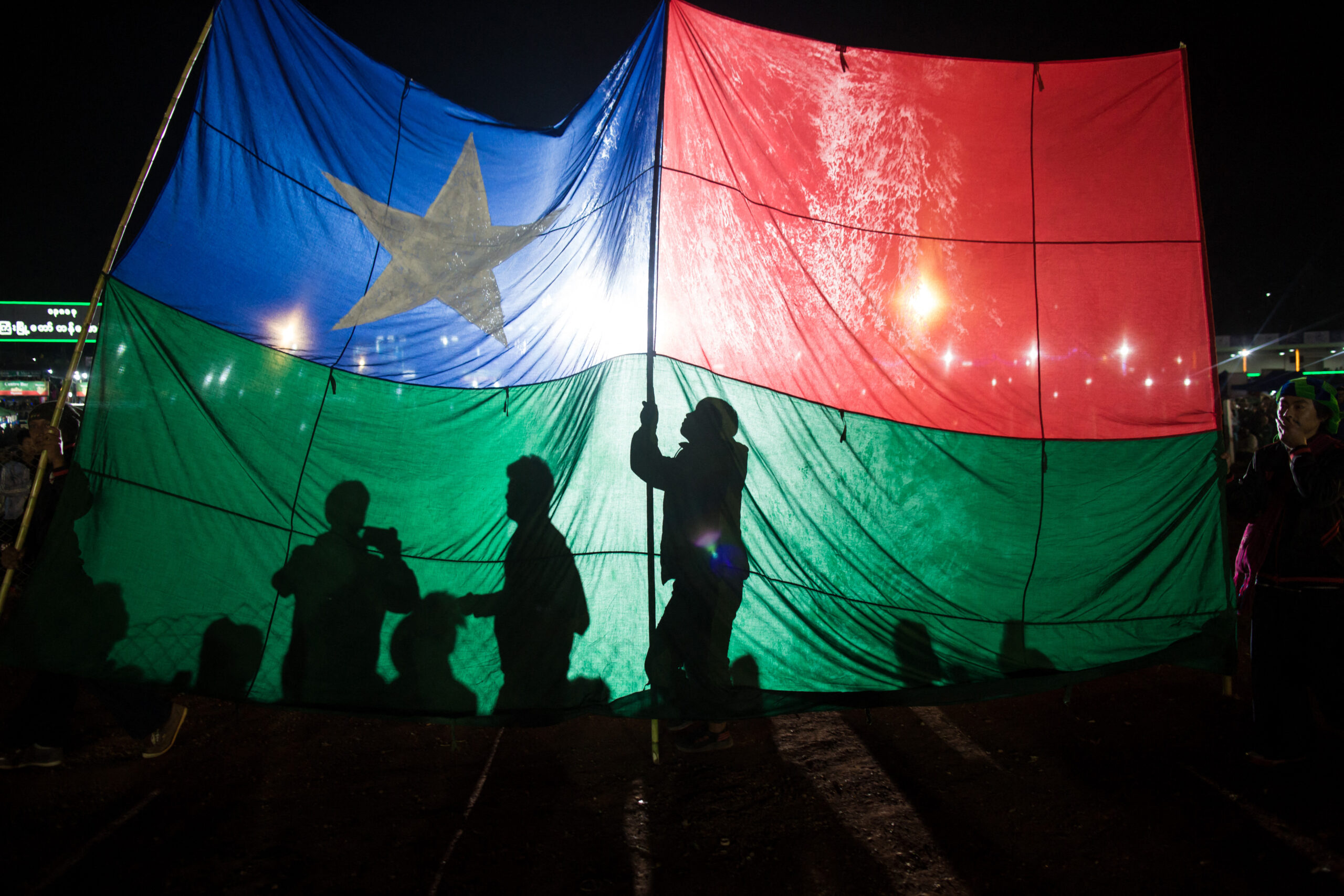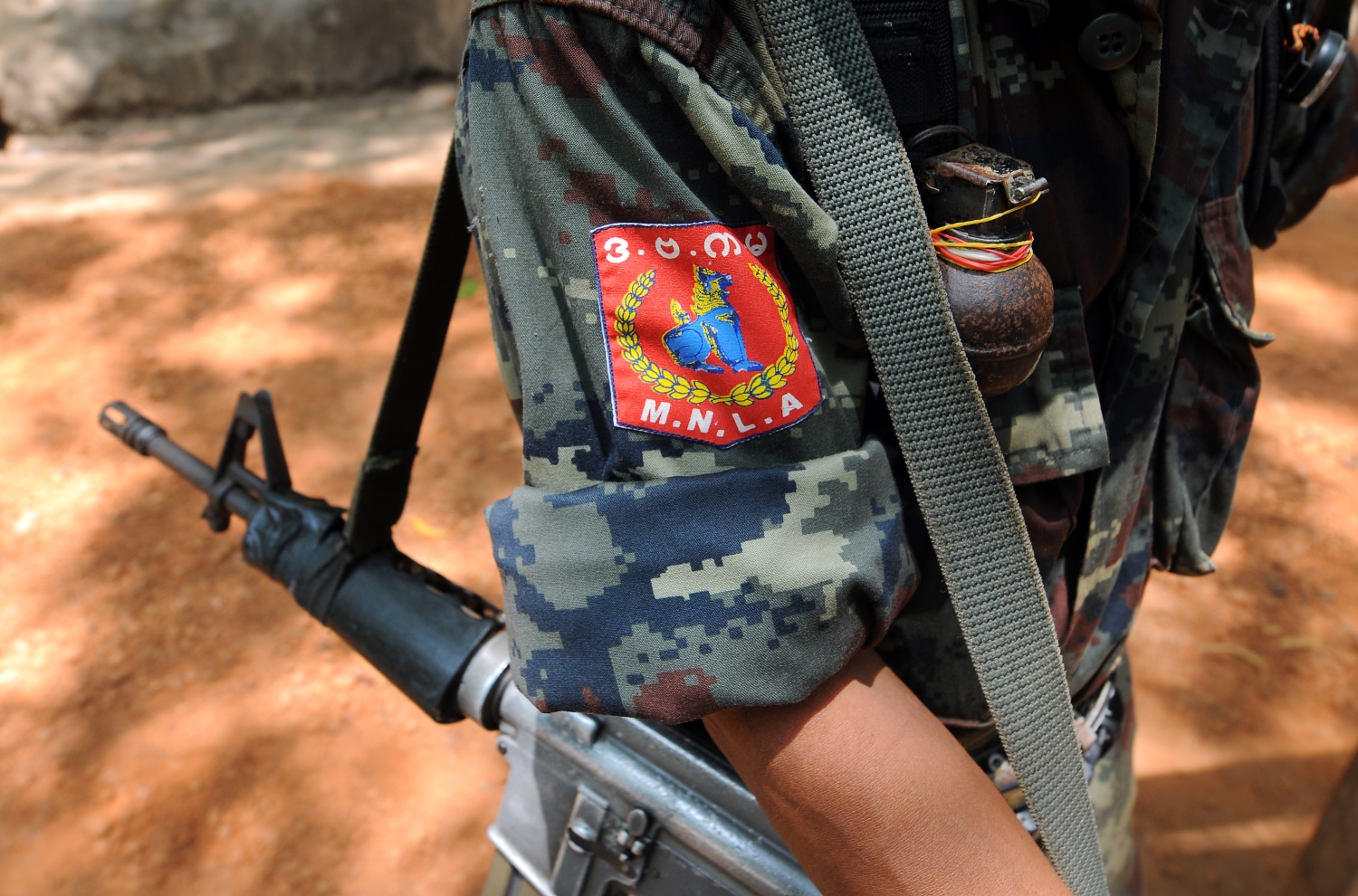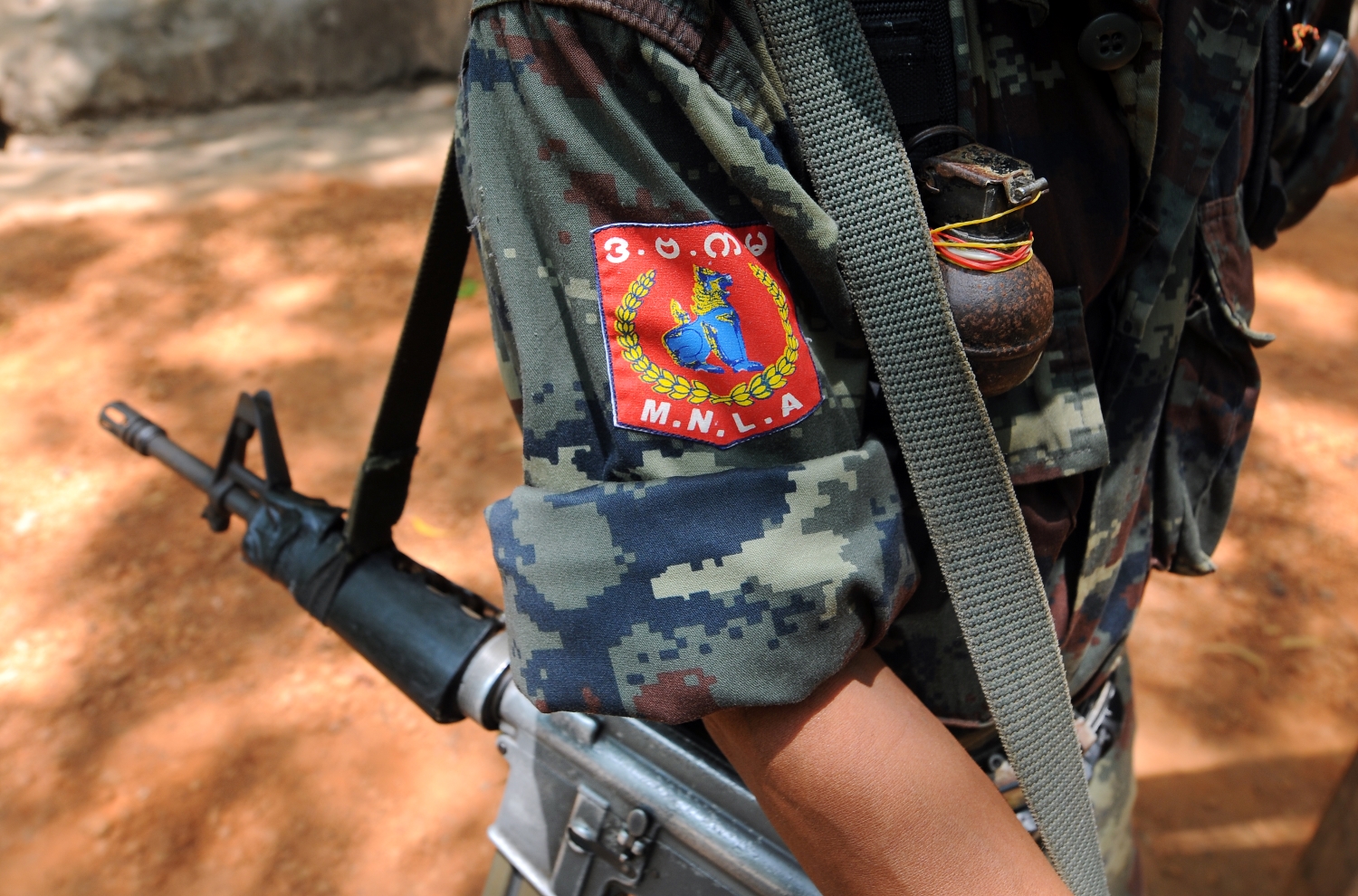By SU MYAT MON | FRONTIER
NAY PYI TAW — Two more ethnic armed groups have confirmed they will sign the Nationwide Ceasefire Agreement, paving the way for them to participate in the next 21st Century Panglong Union Peace Conference.
The New Mon State Party and Lahu Democratic Union announced they would sign the controversial accord this morning in Nay Pyi Taw, after five years of negotiations.
It was not immediately clear why the NMSP and LDU had agreed to sign without the two other members of the United Nationalities Federal Council, an ethnic bloc whose four members negotiated with the government collectively on the ceasefire.
However, the decision could spell the death of the UNFC, which was formed in November 2010 to represent all ethnic armed groups in peace negotiations with the government. In recent years, however, its membership and influence has dwindled as a result of internal disputes over strategy.
Support more independent journalism like this. Sign up to be a Frontier member.
Neither the UNFC leadership nor members of the NMSP were available for comment.
In a speech shortly before this morning’s announcement, State Counsellor Daw Aung San Suu Kyi thanked the new signatories for supporting the government’s peace process.
“I believe we are doing this not only for ourselves, but also for future generations,” she said.
The NMSP and the LDU will be the first groups to sign the ceasefire since the National League for Democracy took office in March 2016. Commander-in-Chief Senior General Min Aung Hlaing was present for the signing together with Aung San Suu Kyi and representatives of the NMSP and LDU.
Eight other armed groups, including the Karen National Union and Restoration Council of Shan State, signed the NCA in October 2015 during the tail end of the U Thein Sein government’s term.
However, around 10 other groups are yet to sign the ceasefire. This includes not only the two other UNFC members – the Karenni National Progressive Party and Arakan National Council – but also members of the Federal Political Negotiation and Consultative Committee, such as the United Wa State Army and Kachin Independence Army.
Under the political dialogue framework, only groups that have signed the ceasefire are able to take part in the Union Peace Conferences as participants.
In November 2017, stakeholders agreed at a Joint Implementation Coordination meeting to hold the next conference at the end of January. However, officials from the government’s peace commission have been quoted as saying that the conference will be delayed until February.






